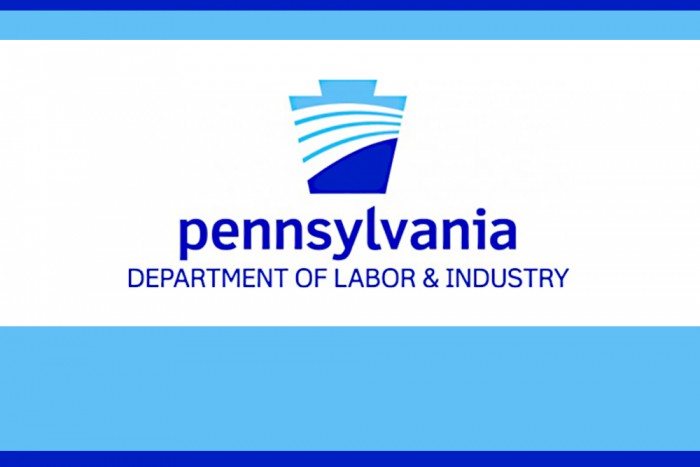The Office of Developmental Programs (ODP) has shared ODPANN 25-072 and its accompanying attachments. The purpose of this announcement is to provide updated guidance for completing the SC Individual Monitoring Tool (IMT), specifically regarding when self-employment is considered Competitive Integrated Employment (CIE).
With the implementation of Performance-Based Contracting (PBC) for ID/A Residential Providers and SCOs, ODP has reviewed how CIE data is collected and interpreted. Because CIE performance measures rely on information collected through the SC IMT, ODP is issuing updated guidance to clarify how SCs should apply CIE criteria — particularly in cases involving self-employment. While PBC is not being implemented for Residential Providers or SCOs enrolled in the AAW, the AAW is also updating its IMT guidance in alignment with the ID/A IMT guidance.
These updates do not change the monitoring tool questions themselves in either the ID/A or AAW IMT. The new guidance provides additional instructions to ensure consistent understanding and documentation.
ATTACHMENTS:
- Attachment #1: ID/A Individual Support Plan Monitoring Tool – SC Guidance Document – Reissued 7/23/2025
- Attachment #2: AAW SC Individual Monitoring Guidance – Reissued 7-2025
Please review the announcement and attachments for additional information and details.

















